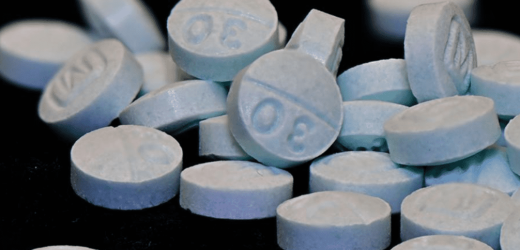Plea for forced ‘compassionate intervention’ addiction treatment in Brampton heads to Queens Park
Published October 9, 2024 at 3:42 pm

City councillors and the mayor are doubling down on a call to bring forced drug and mental health treatment to Brampton as police and paramedics are throwing their support behind the controversial plan.
“If it works it saves lives, if it doesn’t we go back to the drawing board,” Mayor Patrick Brown says of his plan to “prod” the province into introducing involuntary treatment laws for those struggling with severe mental health and addiction issues.
Brown announced the idea last week at a press conference following an election promise by B.C. Premier David Eby to introduce involuntary treatment for people with severe addiction issues, mental health challenges and brain injuries – a plan which civil liberty advocates say is a threat to basic human rights.
Wednesday’s motion makes Brown’s call to the province official, asking Ontario to work with “neighbouring regions and experts” to develop an involuntary treatment framework “based on nationally identified best practices.”
Peel Regional Police say they make approximately 12,000 mental health and addiction-related apprehensions per year in Mississauga and Brampton, or around 14 per day.
Between January 2022 and June 2024, Peel police say officers attended over 18,000 overdoses with 328 fatalities. Fentanyl was a “key contributor” in 90 per cent of the overdose deaths in Peel during 2022 and 2023, the mayor said.
Last year hospitals in Peel had 573 opioid-related emergency room visits and 147 opioid-related deaths, and Brown said there have been 34 overdose deaths so far in 2024.
Local police officers have spent more than 30,000 hours waiting in hospital on mental health and addictions calls since 2022, “rather than on the front lines protecting the community,” Brown has said.
Peel police launched its Mobile Crisis Rapid Response Team program to reduce the strain on officers and ensure calls involving mental health challenges or addictions are handled by the right resources.
But with limited staffing and an increasing number of calls, the teams are only able to responded to one in every five calls.
Coun. Rowena Santos again raised concerns for people struggling with homeless and at-risk residents as well as mental health and addiction issues.
In June, the city cleared out an encampment in Brampton’s Calvert Park where approximately 50 people were moved to Peel Region shelters. Dangerous living conditions and drugs were found in the encampment, and at least one person moved from the area died in shelter since the camp was cleared out.
The Mental Health Act already has provisions that can see someone put into treatment if they’re a danger to themselves or others, it doesn’t apply to people in what the Peel Paramedics Union called “chronic situations” in a letter to council on Wednesday.
The union said it supports “the introduction of a plan to bring care to patients who need it but may not have capacity to want it,” while a delegate from Peel police also spoke at the meeting to show support for involuntary treatment legislation.
Brown calls the proposal “compassionate intervention” rather than forced treatment, and pointed to the model’s rollout in countries like Portugal and discussions of similar programs in B.C., Alberta and New Brunswick as positive indicators that it could work in Brampton.
Brampton City Council passed the motion which put Brown’s ask to the province in writing, and the mayor said he’ll raise the issue at Peel Regional Council on Thursday.
Peel police said addiction and mental health reform in Ontario needs “systemic change, not another band-aid.”
INsauga's Editorial Standards and Policies